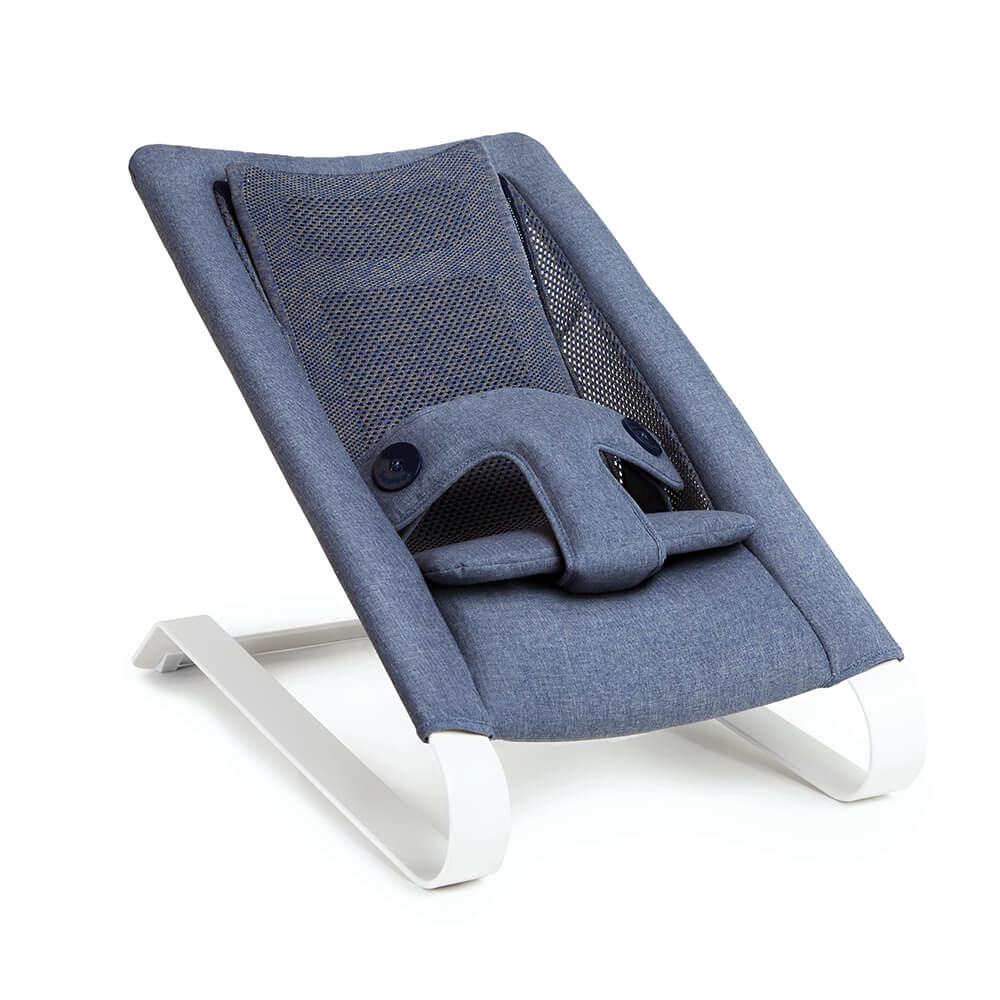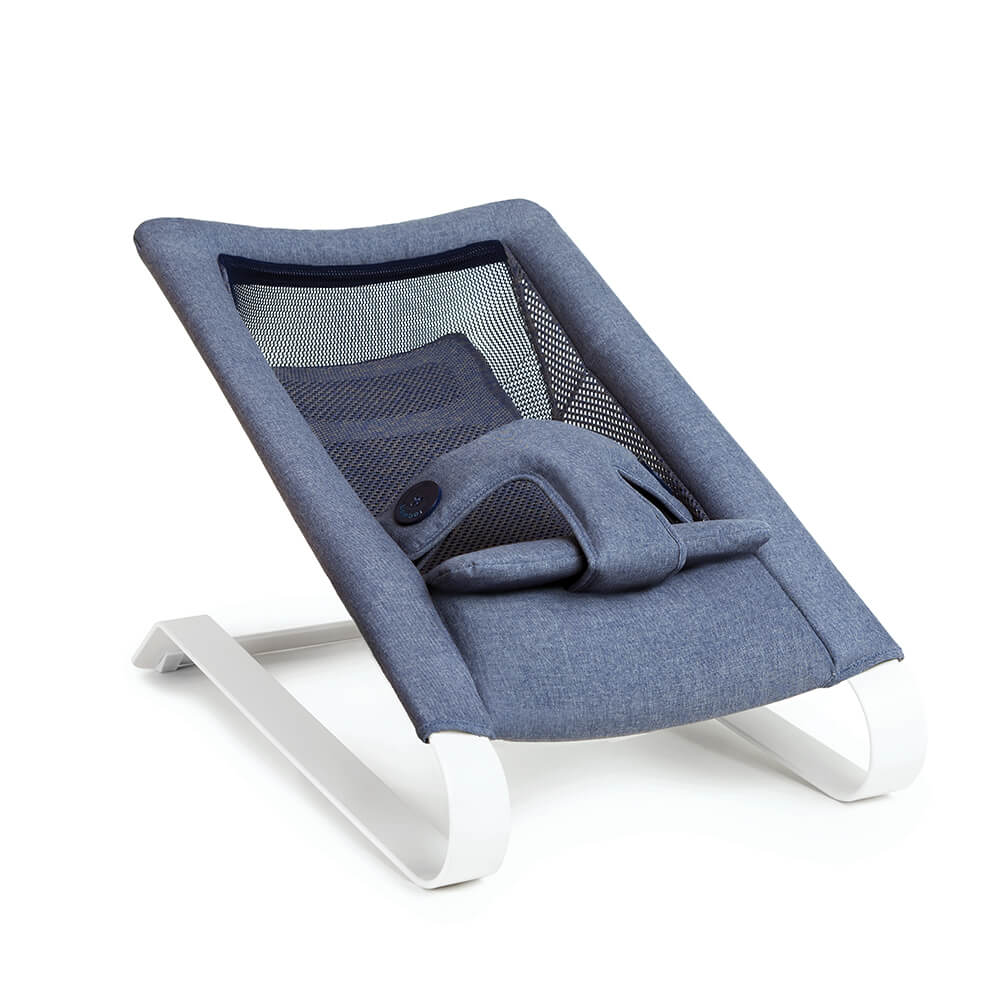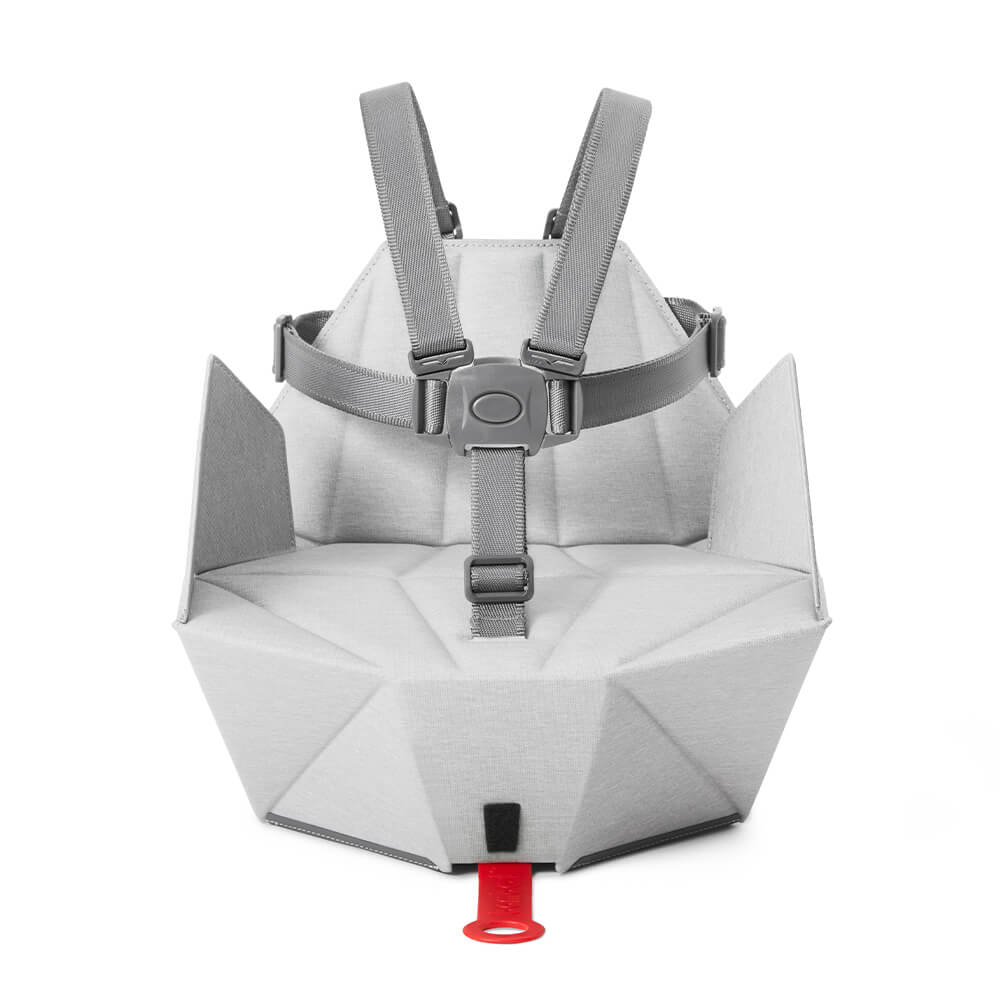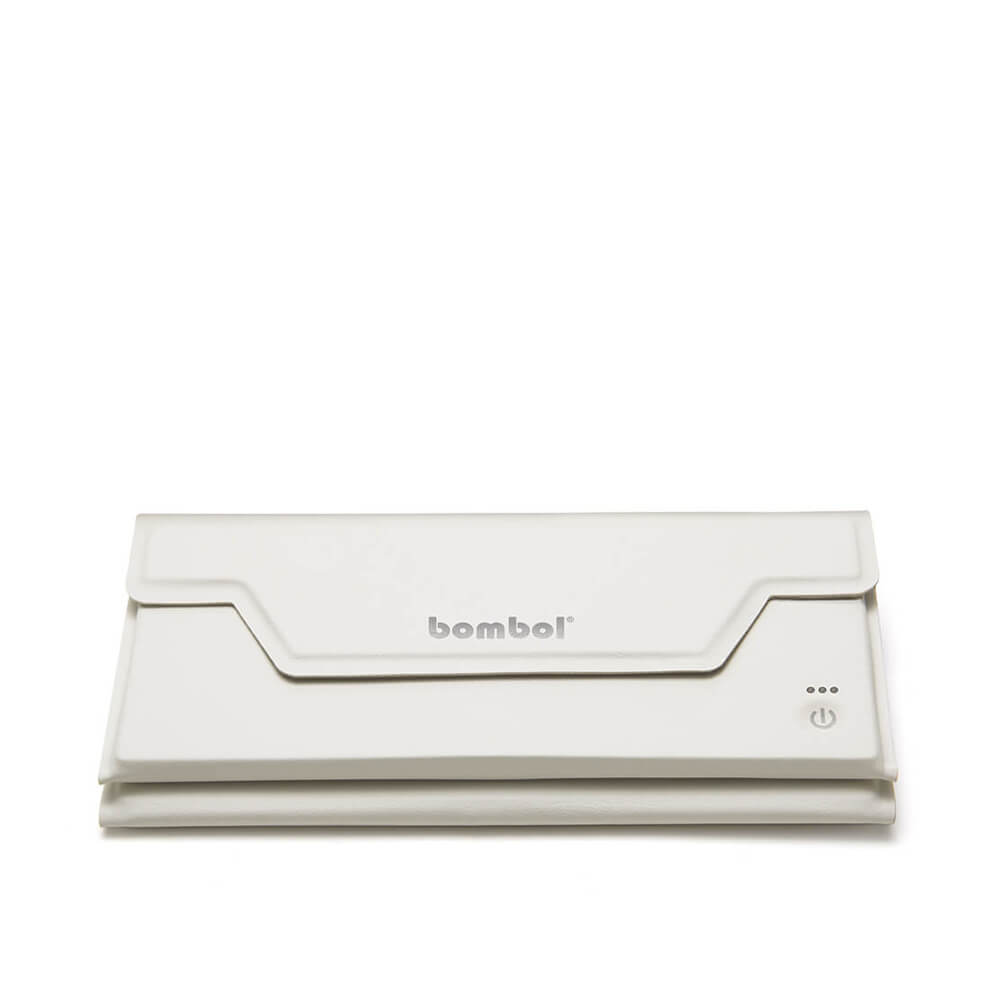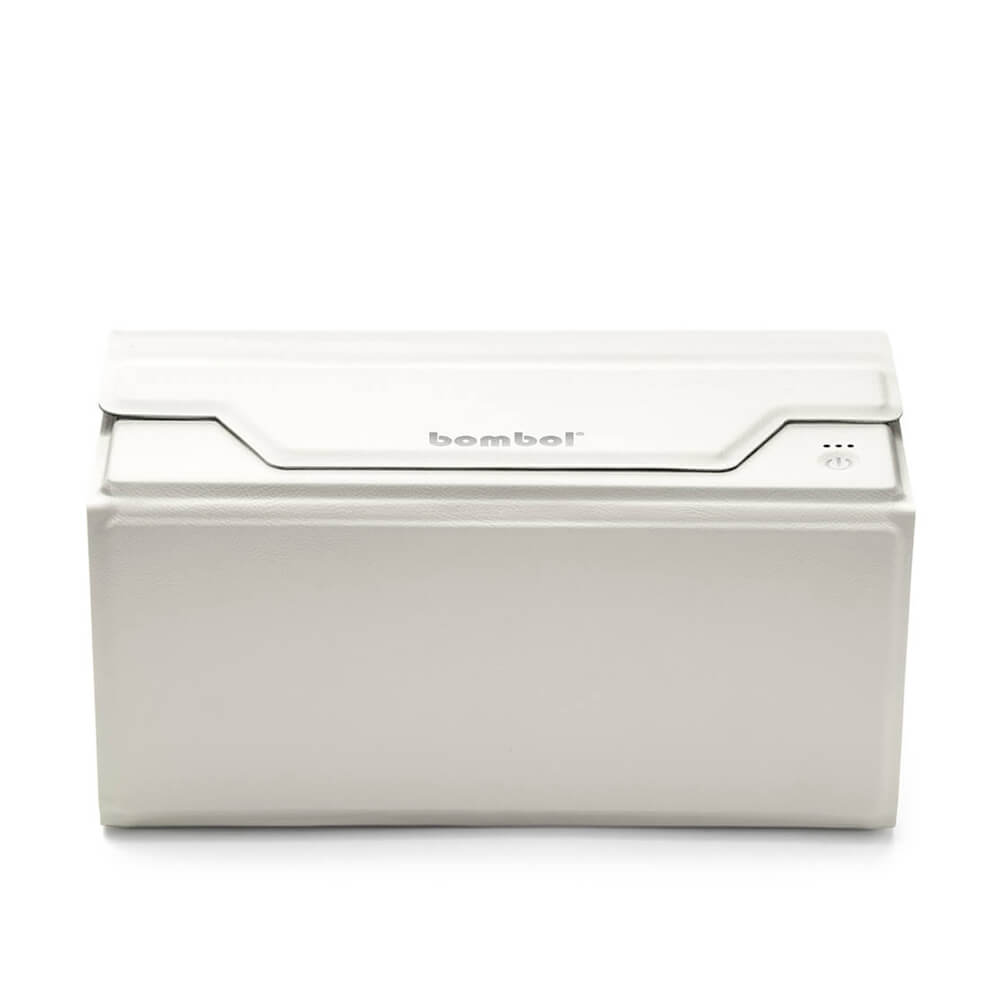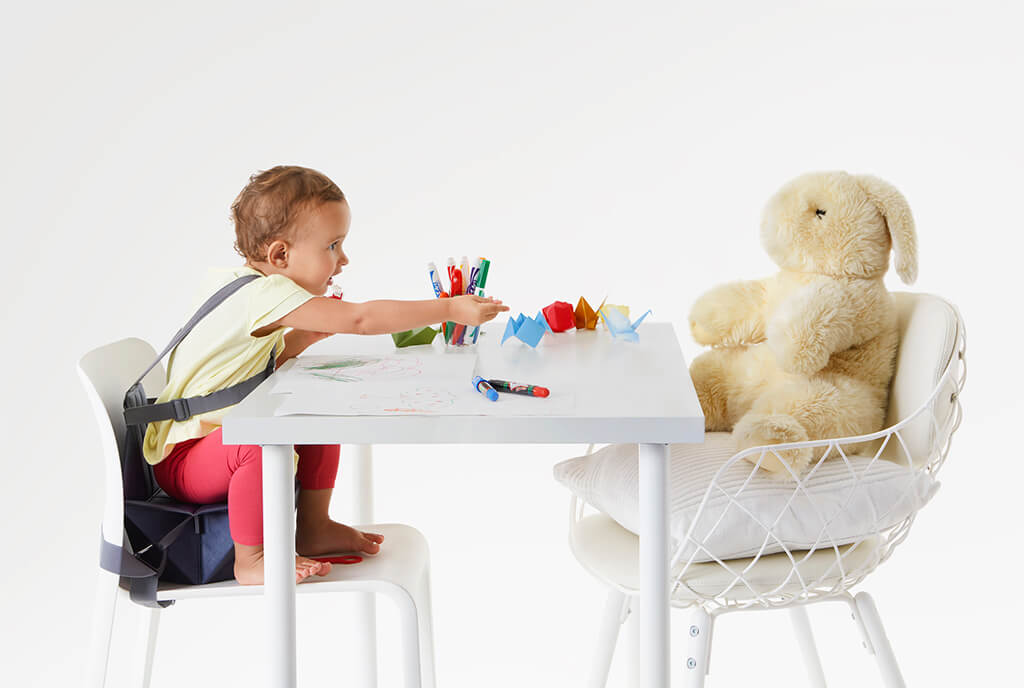
The never-ending story
We have all been there: when you think most of the chores around the house have been done and the baby has been fed, cleaned, and entertained, we can finally sit down and drink the long-cooled coffee that has been sitting on the kitchen counter since morning. But NOOOO, the little one still wants to be entertained some more!
Screen time doesn’t count!
Their little play area has been nicely set up with toys and entertainment materials easily reachable, but somehow our precious toddlers still would like us to be there to play with them. This is most endearing but can become unmanageable in the long run when we end up spending hours on end entertaining them. It is so important therefore to encourage independent play starting from a young age. Mind you, this doesn’t mean giving them an electronic device and leave them there staring at the screen for the next hour.
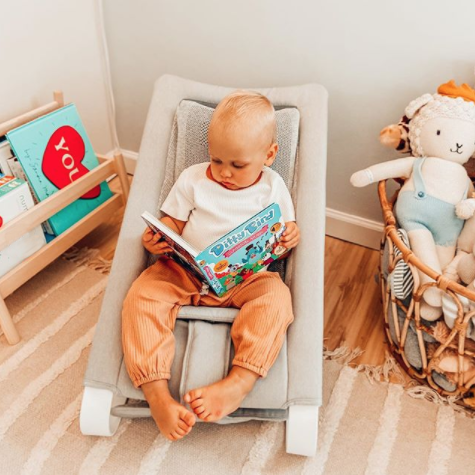
Photo: @happynomadsouls
According to this article from Motherly, independent play not only teaches your child to be creative, self-sufficient in problem solving and concentrated in what they are doing. It also benefits the caregiver as having some time for self-care, or finish up some small tasks while keeping an eye on the little one playing. Of course, the extent of independent play needs to be adapted to the child’s age and growth stage, while the length of time dedicated to the play session also varies from child to child. I find the suggestions and tips from Rachel Norman in her blog post really helpful to get the routine going.
Get Creative
A recurring tip that I found on various sources regarding independent play is the rotation of toys. This can help your child to concentrate on a few toys at a time and to stay focused on their tasks. Changing their toys periodically can give them new stimulation and pickup on the toys they might have forgotten about and would find new interest in them. Here are also some good suggestions on activities you can let your child do to get them occupied, in addition to their toys!
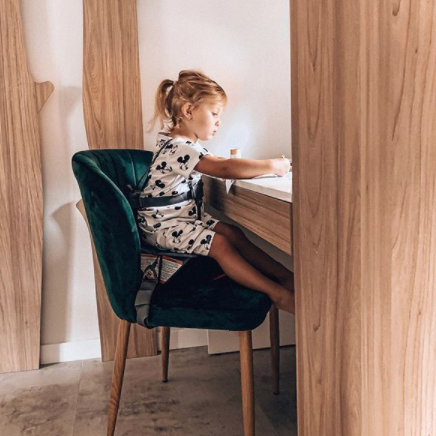
photo: @joabari
With the pandemic still affecting so many households and we are spending so much time at home as a family, independent play becomes an important part of everyday life, benefiting both parents and child psychologically and practically.
Stay Sparky!

